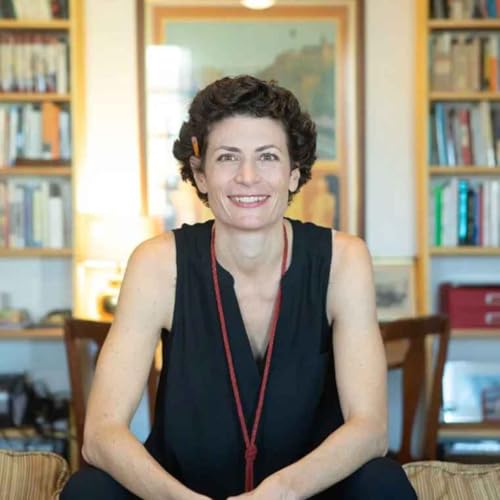I found Dr. Trasande quoted in a Washington Post article The health risks from plastics almost nobody knows about: Phthalates, chemicals found in plastics, are linked to an array of problems, especially in pregnancy. He said, "Endocrine-disrupting chemicals are one of the biggest global health threats of our time ... And 2 percent of us know about it---but 99 percent of us are affected by it.”
The article said that he said that "at the population level, scientists can see telltale signs that those chemicals are undermining human health, adding to growing male infertility or growing cases of ADHD." This outcome suggests a violation of this nation being founded on protecting life, liberty, and property, and the consent of the governed. I also found from this video, Food Contaminants and Additives, that he reported his results thoroughly, taking care not to venture outside his research.
I had to talk to him.
We talked about his research, what brought him to a new field, now burgeoning, of learning about chemicals that disrupt our endocrine systems---that is, they mess with our hormones. You'll hear that he didn't intend to go into it. It was (tragically) growing in importance since our hormone systems are becoming increasingly disrupted, as are those of many species.
I should be more accurate. They aren't passively being disrupted. Consumers are paying companies to produce chemicals that do it.
It sounds slimy and scary. I'd rather it didn't happen, but since it does, I'd rather know than not know. I think you would too.
- Dr. Trasande's NYU faculty page
Hosted on Acast. See acast.com/privacy for more information.
 40 分
40 分 42 分
42 分 1 時間 10 分
1 時間 10 分 49 分
49 分 1 時間 1 分
1 時間 1 分 1 時間 4 分
1 時間 4 分 1 時間 35 分
1 時間 35 分 30 分
30 分
